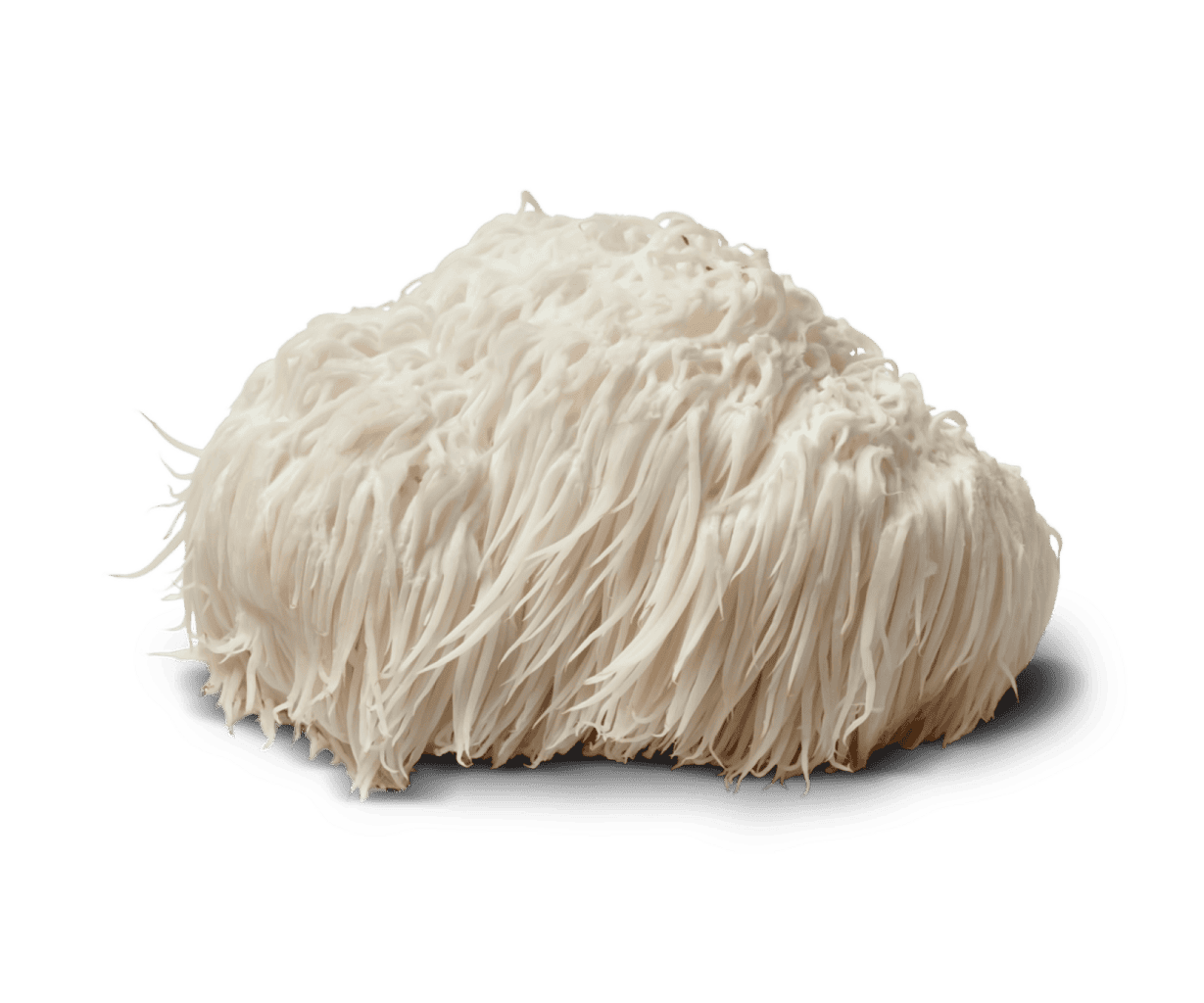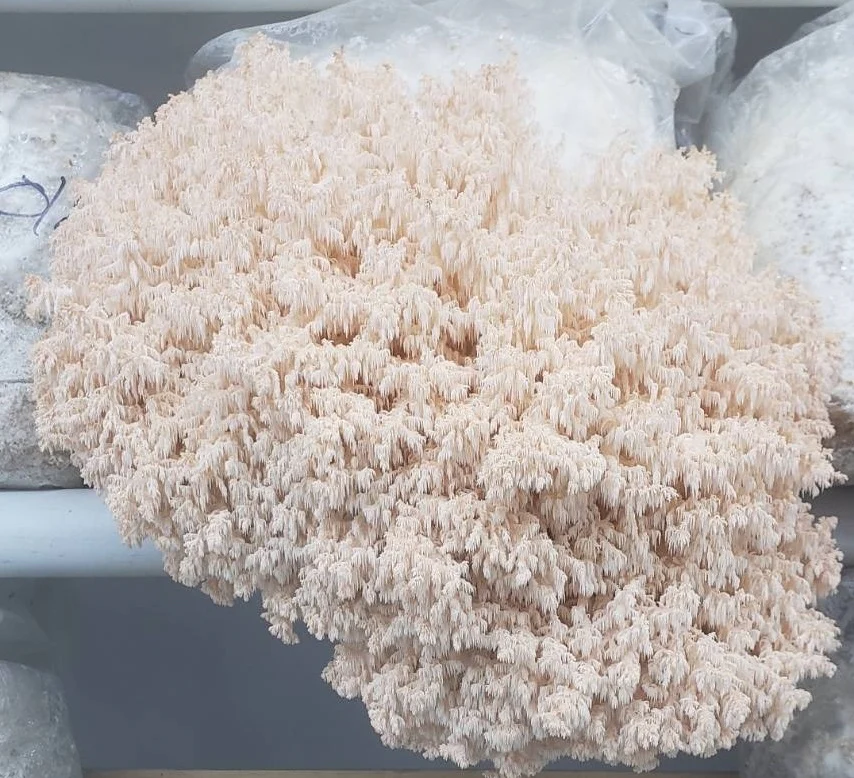Menu
Learn
Our Functional Food
Mushroom SupplementsMushroom CoffeeHealth BenefitsMushroom RecipesGrowing Mushrooms
New? Start here!Mushroom Growing: Help For CustomersNews & Media
NewsIt all started innocently enough, several years ago. A reputable New Zealand mushroom grower began calling the native New Zealand fungi, Peke Peke Koire (Hericium novae-zealandiae), “NZ Lion’s Mane.” The thinking was likely that no one in New Zealand knew what Peke Peke Koire was, but Lions Mane (Hericium erinaceus) was starting to trend, so they decided to rename it that to make it easier to market.
Local growers in New Zealand can’t grow the actual Lion’s Mane mushroom because it’s illegal under the ‘New Organism/Harmful Organism Act’. The act aims to protect native mushrooms like Peke, as the real Lion’s Mane could outcompete or hybridise with it, destroying its unique character. Consequently, NZ growers who can’t grow the real mushroom pass Peke off as Lion’s Mane.
Many mushroom growers, many of whom are new to the industry, now simply refer to their product as Lion’s Mane, dropping the NZ and any mention of Peke or its botanical name Hericium novae-zealandiae.
New Zealand consumers are unaware that the product they purchased is not what they are receiving. Essentially, it’s like putting an Audi logo on a Skoda and telling buyers it’s an Audi because they’re made by the same company. I would call this practice unethical at best and potentially illegal at worst.
If this situation sounds eerily familiar, it’s probably because it’s similar to the Munuka honey scandal that occurred about a decade ago. This involved a series of issues surrounding the production and sale of mānuka honey, including allegations of adulteration, misleading labelling, and disputes over the definition of authentic mānuka honey. For those unfamiliar with the scandal, here are some helpful links:
It is possible that Peke has therapeutic properties, but I haven’t been able to find any clinical trials or other evidence to support current health claims. There have been a few studies aimed at isolating some of Hericium’s unique features to compare Lion’s Mane to Peke however results are not in Peke's favour. Non of these sturies are peer-reviewd or involve clinical research.
Here is a link to an article from another prominent mushroom grower that reaches a similar conclusion. He goes into more detail about the analysis and subsequent misleading claims regarding Peke's potential health claims. The relevant info is at the bottom of the article. https://www.sporeshift.co.nz/post/growing-nz-native-mushrooms
What's wrong with calling it as it is? Peke Peke Kiore is a beautiful name, and it sure has a better ring to it than simply Lion's Mane. Restoring its honour and pride as a unique and native mushroom.
If you have been buying Peke and the person selling it told you it was Lions Lane, you should be incensed. That is misleading advertising. If you bought it because the seller made medical or therapeutic claims, that is even worse. They now fall foul of the Medicines Act.
However, there is something you can do about it. Complaints are handled by the NZ Commerce Commission. You can report your concern here: https://comcom.govt.nz/report-a-concern
Here's a great article about how to read a mushroom supplement label, so you don't get duped. https://mycobio.co.nz/what-to-look-for-when-buying-mushroom-supplements/


